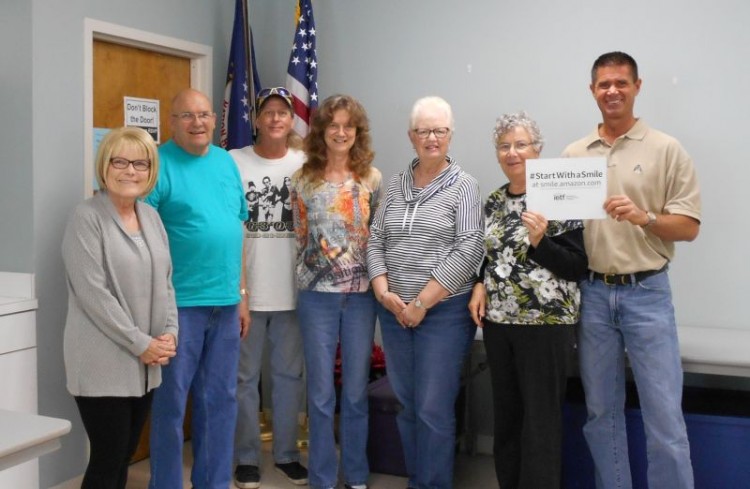Since there is no dystonia support group in my area, several months ago I joined a group for people with essential tremor (ET), a sister movement disorder. I actually attended my first meeting to support a friend who has ET since this was his maiden voyage and he was nervous.
Since I have dystonia and no tremor at all unless I force my head the way it doesn’t want to go, I felt like a fish out of water when I first walked into the room. I wasn’t sure I would be welcomed since I had a different condition, even though it is a close relative in the movement disorder family.
My concerns went out the window when I entered and was welcomed with open arms. Everyone was so friendly and curious to learn more about me, my condition, and how I manage my life with challenges. What we all discovered is that, even though we have a different condition, we share so many similarities in our personal lives, primarily those that affect us mentally, emotionally and socially.

Some of the members have very pronounced symptoms, while others are only noticeable at certain times. Nonetheless, nearly everyone lives with one or more of the following: anxiety, fear, social phobia, shame, guilt, anger, frustration about poor medical care and of course frustration with daily living by not being able to do tasks that were once so simple. They also have incredible empathy, compassion, and kindness… the qualities I admire most!
We meet once a month and the number of attendees run from about three to 15 people. It is such a nice time for us to share what we experience on a daily basis, information about medical advancements, personal stories, and sometimes nothing even related to our health issues — just fun conversation in a safe place. Everyone has a different protocol of treatments, all with varying results. Everyone is eager to learn and excited to be among those who understand. These meetings allow us to let go, where all of our “problems” no longer exist.
By now you have probably gotten the point of this article. Join a local support group! Whether it is for people who live with the exact same condition as you or not, it doesn’t matter. You will more than likely be met with open arms and be an asset to the group. Most of us spend a lot of time communicating on the computer with people who have dystonia, but rarely in person. The difference is amazing. Online is of course wonderful, but to hear a voice, see an expression, give and receive a real hug, among many other things, is priceless. Please look into various support groups in your area and if well enough to attend, please take advantage and get to know the many wonderful people in your area who are just like you.
